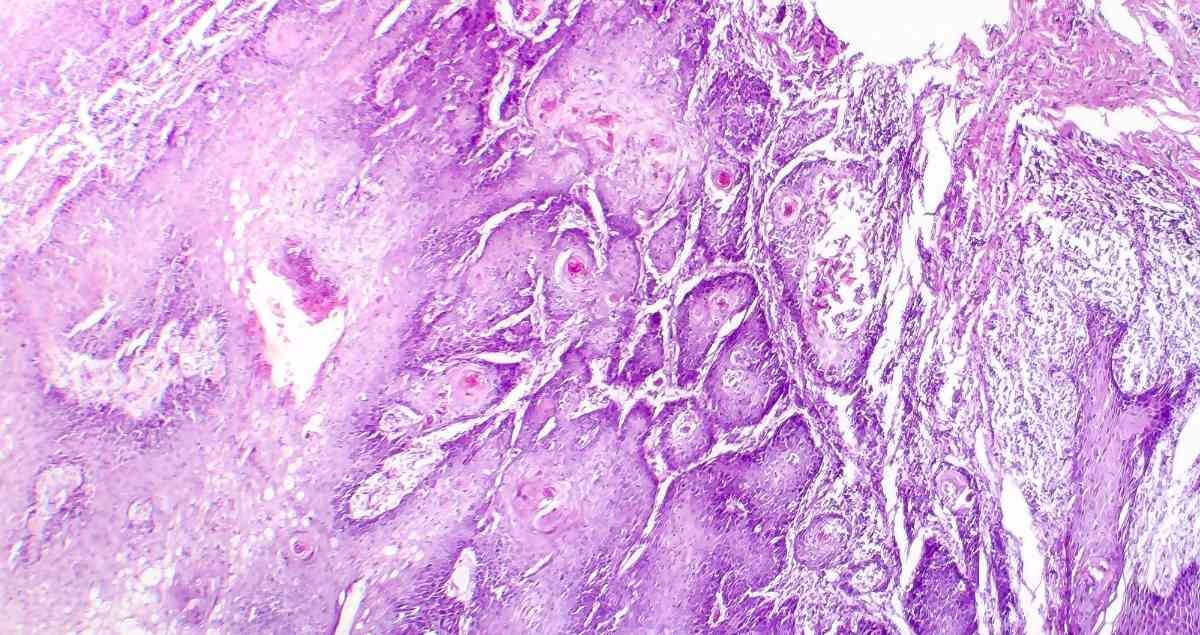
Listening to your body is crucial, especially as we age, to ensure our heart is functioning properly. Recognizing the signs that your heart might be failing is essential in maintaining good health. In this informative piece, we will uncover eight warning signs that your heart isn’t working as it should, including specific symptoms related to heart failure and deep vein thrombosis leg pain. Stay informed and empower yourself by understanding these signs of heart complications.
Unraveling the Mystery: Heart Failure Symptoms
Understanding the 4 Signs Your Heart is Failing
Heart failure can be a stealthy enemy, often presenting subtle signs before it becomes a serious threat. Recognizing these signs early can be lifesaving. Here are four key symptoms to watch for:
- Shortness of Breath: If you find yourself gasping for air after simple activities or while lying down, it’s a red flag. The heart’s decreasing ability to pump blood can cause fluid to back up in the lungs.
- Persistent Coughing or Wheezing: A cough that produces white or pink blood-tinged mucus may signal heart failure. This happens when fluid accumulates in the lungs.
- Swelling: Pay attention to swelling in your legs, ankles, and feet. It’s a sign that your heart isn’t pumping effectively, causing fluid retention.
- Fatigue: Feeling tired all the time and experiencing difficulty with everyday activities can indicate that the cells in your body aren’t getting enough oxygen-rich blood.
Awareness and prompt action when encountering these symptoms can significantly reduce the risk of advanced heart complications.
Heart Failure Symptoms in Women: A Distinct Perspective
Heart failure symptoms can manifest differently in women compared to men, making them harder to identify. Women often experience:
- Unusual Fatigue: While both men and women experience fatigue, women are more likely to feel an overwhelming tiredness that doesn’t improve with rest.
- Shortness of Breath: Women may struggle with breathlessness during routine activities like walking or carrying groceries, which is less common in men at the early stages of heart failure.
- Stomach Pain or Nausea: Symptoms such as abdominal pain or feeling sick to the stomach can be misleading, as they are often mistaken for indigestion, the flu, or other conditions.
- Sleep Disturbances: Trouble sleeping or waking up feeling exhausted, despite having a full night’s sleep, are symptoms women should not overlook.
Understanding these heart failure symptoms in women is crucial for early detection and treatment, which can greatly improve the quality of life and outcomes.
Deep Vein Thrombosis: A Hidden Threat
Deep Vein Thrombosis Leg Pain Symptoms to Watch For
Deep Vein Thrombosis (DVT) occurs when a blood clot forms in a deep vein, usually in the legs. Ignoring DVT can lead to serious complications, so it’s important to recognize the symptoms:
- Pain in the Leg: This can start in the calf and feel like cramping or soreness. The pain might only be noticeable when standing or walking.
- Swelling: Look for unexplained swelling in one leg. In some cases, this may be accompanied by warmth and redness in the affected area.
- Tenderness: The leg may feel tender to the touch, starting from the site of the clot and extending upwards.
- Skin Discoloration: If the leg turns pale, reddish, or bluish, it’s a sign that the clot is affecting blood circulation.
Prompt medical attention for deep vein thrombosis leg pain symptoms can prevent the clot from moving to the lungs, which can be life-threatening.
The Connection Between DVT and Heart Failure
Deep Vein Thrombosis (DVT) and heart failure are more connected than one might think. Heart failure increases the risk of developing DVT due to reduced blood flow and its tendency to cause blood to pool in the lower extremities, creating an ideal environment for clots to form. Conversely, a DVT can lead to pulmonary embolism, which puts additional strain on the heart and can worsen existing heart failure. Here’s how they intersect:
- Reduced Mobility: Heart failure patients often have limited mobility, which can slow blood circulation and contribute to clot formation.
- Fluid Retention: With heart failure, fluid builds up in the body, increasing pressure in the veins of the legs where DVTs are likely to originate.
- Blood Chemistry Changes: Heart failure can alter the blood’s properties, making it more prone to clotting.
Recognizing the link between DVT and heart failure is critical for prevention and management strategies, especially in individuals with pre-existing heart conditions.
The 8 Warning Signs Your Heart Isn’t Working Properly
Recognizing the Early Signs of Heart Failure
Being vigilant about the early signs of heart failure can make a significant difference in managing and treating the condition. Here are some early warning signs to be aware of:
- Exercise Intolerance: Difficulty performing activities that used to be easy can be one of the first signs of a heart not pumping efficiently.
- Rapid Heart Rate: When the heart struggles to supply the body with blood, it may beat faster to compensate, leading to palpitations or a rapid heart rate.
- Swollen Extremities: Fluid retention in the ankles, feet, or abdomen can indicate that your heart isn’t pumping well.
- Lack of Appetite or Nausea: A feeling of being full or sick to your stomach can be related to the buildup of fluid around the liver and intestines interfering with proper digestion.
Acknowledging these early signs of heart failure is crucial for seeking timely medical advice and preventing further deterioration of heart health.
Taking Action: What to Do When You Spot the Signs
If you observe any of the warning signs that your heart may not be functioning properly, it’s important to take immediate action:
- Seek Medical Advice: Don’t wait. Consult with a healthcare professional to get a proper diagnosis. Describing all your symptoms in detail can be crucial for accurate assessment.
- Monitor Your Symptoms: Keep track of when symptoms occur, their frequency, and their severity. This information can help your doctor determine the nature of your heart problem.
- Follow a Healthy Lifestyle: While waiting for a medical consultation, focus on maintaining a healthy diet, managing stress, and avoiding tobacco and excessive alcohol consumption.
- Stay Informed: Educate yourself about heart health. Knowing what can aggravate your symptoms allows you to make better choices and recognize when to seek urgent care.
Prompt action can lead to early detection and treatment, significantly improving your chances of managing heart failure effectively. Get Yourself free check up here : https://networkofcare.adventhealth.com/










